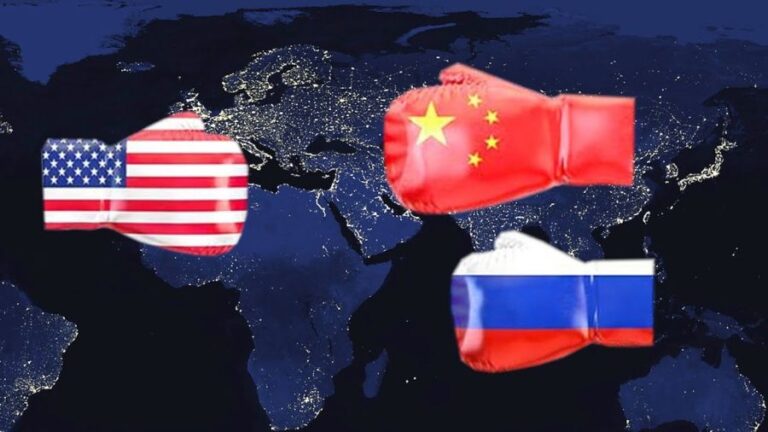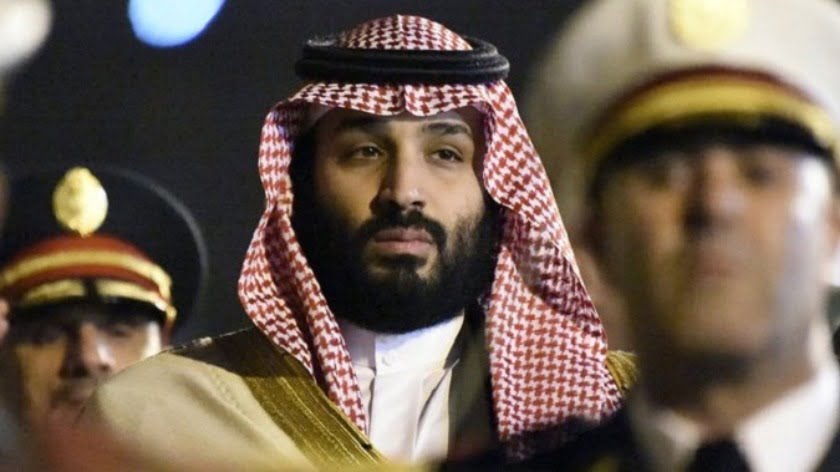Secret Meetings Between Israel, Saudi Officials Reveal Close Relationship, Mutual Interests
In 2009, a U.S. State Department diplomatic cable gave one of the first glimpses of a burgeoning alliance between Israel and the Arab states of the Gulf Cooperation Council (GCC). The cable quoted Israeli Foreign Ministry official Yacov Hadas saying, “the Gulf Arabs believe in Israel’s role because of their perception of Israel’s close relationship with the United States,” adding that GCC states “believe Israel can work magic.”Israel and the Gulf states also shared an interest in countering what they saw as rising Iranian influence in the Middle East. So while the two sides sparred in public — Israel’s “Cast Lead” military operation had just claimed more than 1,400 lives in the Gaza Strip and was condemned by Saudi Arabia, in a letter to the United Nations, as “fierce aggression” — they enjoyed “good personal relations” behind closed doors, Hadas said, according to one cable. Hadas reportedly added that the Gulf Arabs were still “not ready to do publicly what they say in private.”Fast forward six years, and it seems as though the GCC states have finally readied themselves to go public about their warming relationships with Israel. In an event at the Council on Foreign Relations this week in Washington, reported on by Bloomberg’s Eli Lake, high-ranking former Saudi and Israeli officials not only shared the stage but disclosed that the two countries had been holding a series of high-level meetings to discuss shared strategic goals, particularly around the perceived regional ascendance of Iran. At the event, former Saudi General Anwar Eshki openly called for regime change in Iran, while former Israeli ambassador to the U.N., Dore Gold, once a fierce critic of Saudi Arabia, spoke of his outreach to the country in recent years, and of the possibility of resolving the remaining differences between the two nations, stating, “Our standing today on this stage does not mean we have resolved all the differences that our countries have shared over the years, but our hope is we will be able to address them fully in the years ahead.”
In recent years, however, the dual phenomena of the Arab uprisings and growing Iranian influence have pushed GCC leaders closer to Israel. Last year, Saudi Prince Turki bin Faisal took the unprecedented step of publishing an op-ed in a major Israeli newspaper calling for peace between Israel and GCC nations, as well as for a resolution to the Israel-Palestine conflict. As the United States under the Obama administration has pursued détente with Iran in recent years, reports have also surfaced suggesting covert security cooperation between Israel and GCC states. The investigative news site Middle East Eye recently documented the existence of regular, secret flights between Abu Dhabi and Tel Aviv, despite the ostensible ban on Israeli citizens entering the UAE.







